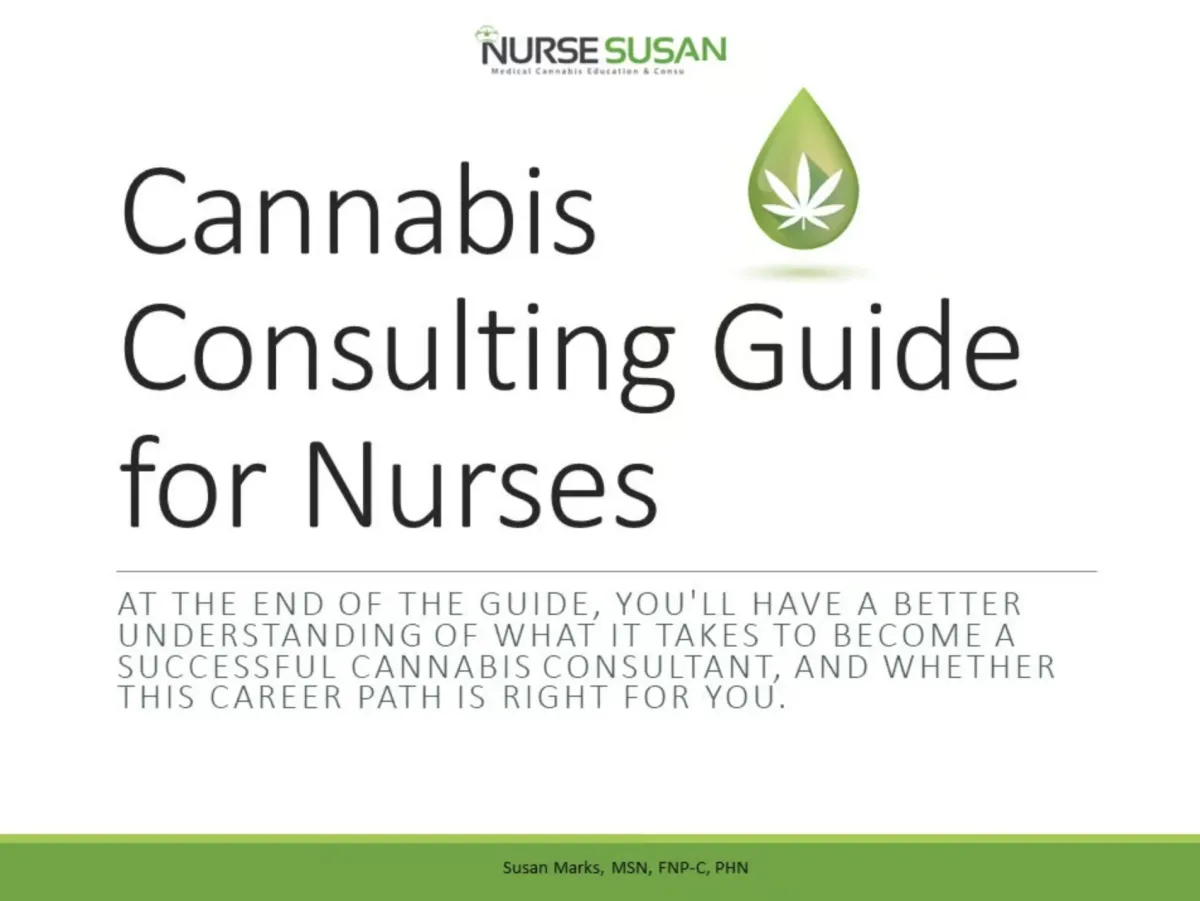Medical Cannabis Consulting Has Opened Up a Whole New World For Nurses!
Do you remember DEAR ABBY? Back in the day, she would answer questions regarding etiquette and social graces. Today, people want to know about cannabis, and I am here to answer their questions!
Dear Nurse Susan

Cannabis and Cardiovascular Disease
Dear Nurse Susan,
I was recently diagnosed with high blood pressure. I was researching the common pharmaceutical drugs that doctors prescribe to lower blood pressure. The side effects were pretty scary. Whenever possible, I like to use natural remedies, but I don’t want to mess around when it comes to my heart. What do you think about using cannabis for high blood pressure?
-Under Pressure
Dear Under Pressure,
It’s always a good idea to discuss the use of cannabis with your doctor, no matter what your health concern is; though, don’t be surprised if they don’t know much about it. The more information your healthcare provider has about your health history and lifestyle, the more accurate they can be with their diagnosis and treatment plan.
Cannabis is known to affect your cardiovascular system in a couple of ways, but before we get into that, let’s discuss hypertension:
High blood pressure: also known as hypertension, is an increased resistance to blood flow in the arteries. It is a major risk factor for heart failure, stroke, kidney disease, abnormal heart beats, vision loss, dementia, and peripheral vascular disease. The normal blood pressure of adults at rest is between 100/60 and 140/90.
Cannabinoids and Terpenes for Cardiovascular Disease
The cardiovascular effects of cannabis have not been well studied, so use caution when consuming cannabis for a heart condition. The effects that we know of are dilation of blood vessels (making the heart pump against less resistance), increased heart rate, and decreased blood pressure. Patients with heart disease who are under stress develop chest pain more quickly if they recently smoked cannabis. The risk of a heart attack is higher in the hour after smoking cannabis. So again, use caution.
Activation of the CB1 receptors is pro-atherogenic (tending to promote the formation of fatty plaques in the arteries) and activation of the CB2 receptors is anti-atherogenic. (If you are rusty on the endocannabinoid system and the CB1 and CB2 receptors, watch this short video:
Smoking as a delivery method for cannabis consumption should be avoided. Long-term studies have failed to show a definite increase in cardiovascular mortality with marijuana use, but it is always better to err on the side of caution. There are tinctures, edibles and topicals available with the 3 top cannabinoids and terpenes that I discuss below.
The top 3 cannabinoids as they relate to cardiovascular disease:
CBD is non-psychoactive, antioxidant, anti-inflammatory, pain reliever, relieves stress, reduces blood pressure, anti-anxiety, and inhibits the progression of atherosclerosis.
CBC is anti-inflammatory, relieves pain, anti-anxiety, relieves stress, and reduces edema.
CBN relieves pain and is anti-anxiety.
The top 4 terpenes as they relate to cardiovascular disease:
B-Caryophyllene binds to the CB2 receptor so it is anti-atherogenic, antioxidant, anti-inflammatory, relieves pain, and is anti-anxiety.
Linalool is anti-anxiety, relieves stress, reduces pain, anti-inflammatory.
Terpinolene is antioxidant, anti-anxiety, relieves pain, anti-inflammatory, reduces cholesterol, relieves stress.
Camphene: antioxidant, anti-bacterial, relieves pain, bronchodilator
If lab reports on cannabis products are available in your area, choose products that have high levels of these cannabinoids and terpenes. For anyone who is taking prescription medications, find out if there are any interactions with cannabis. For example, coumadin is a commonly used anti-coagulant and your blood level of coumadin could increase if you take it near the same time as cannabis. This will increase your risk for hemorrhage. That risk can be decreased if you wait two hours between your prescription drugs and cannabis. Also, you may want to get your coumadin levels checked more frequently until you know how cannabis is affecting you.
Drug Interactions with Common Cardiac Pharmaceuticals
If there is a concern regarding possible drug interactions between cannabis and common cardiac medications, consult your Medscape app. In the list below, although far from an exhaustive list of cardiac medications, cannabis effects the levels of the following common drugs:
Anticoagulants including Warfarin, Heparin and Apixaban
Antiplatelet Agents including Plavix
Beta Blockers including Lopressor, Inderal
Combined Alpha and Beta Blockers including Coreg
Calcium Channel Blockers including Norvasc, Cardizem, Plendil, Adalat, Nimotop, Sular, and Calan
Cholesterol-lowering meds including Lipitor, Lovastatin, and Vytorin
So, Under Pressure, caution is the golden rule when using cannabis in the presence of heart disease, especially if you are new to cannabis….simply because there is little research on the subject. If you are already a cannabis user you likely have an idea of how you respond to cannabis and its effects on your body. If you decide to try cannabis to control your blood pressure, I would recommend that you take your blood pressure a couple of times in the first hour following consumption of cannabis. You need to discover how your body responds.
In this case, proceed with caution is the best route.
All the best as you experiment and take care of your heart!
Nurse Susan

Cannabis Consulting Guide It's FREE!
Click The Button Below and Give Me Your Best Email Address to Get your free Cannabis Consulting Guide, and discover what it is like to work independently with your patients as a cannabis consultant! This may be your next big adventure!

